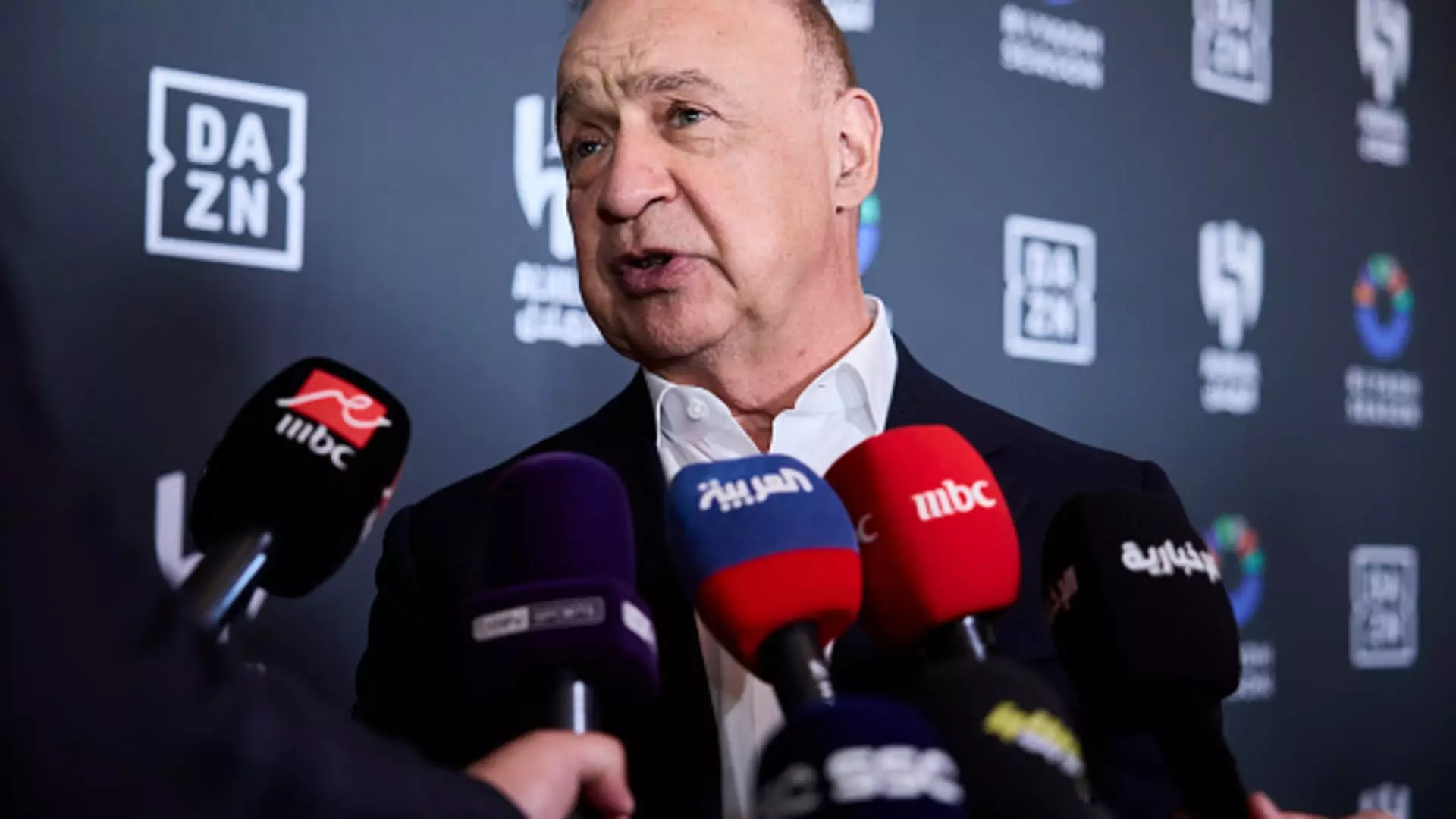In the high-stakes arena of ultra-rich investments, recent trends reveal an alarming decline in deal-making activities, driven primarily by looming geopolitical tensions. The very nations and businesses that ought to be flourishing are instead experiencing a freeze, all tied to a series of misguided fiscal policies. Since March, private investment firms have drastically curtailed their activities, reflecting a growing trepidation over trade wars and tariffs instigated by authoritative figures.
Data suggests that family offices—private investment entities typically owned by wealthy individuals—have retrenched sharply, recording a 45% year-over-year decline in direct investments as they grapple with the ramifications of an impending trade climate infused with uncertainty. This trend doesn’t merely serve as a footnote in financial analysis but signals a long-term concern for economic health, particularly amidst amateurish political strategies. The implications stretch far beyond mere numbers; they begin to infringe on the very sustainability of wealth among the elite.
The Perils of Tariff Threats
President Trump’s approach to tariffs punctuates the confusion that currently envelops the investment landscape. By imposing duties that fluctuate between 10% and outrageously high penalties of 46%, he has unwittingly placed a magnifying glass on economic vulnerability. Families with substantial assets—who once confidently placed their bets on growth—are now finding themselves entangled in a web of doubt. The stakes are high; according to Vicki Odette, a partner at Haynes Boone, many wealthy families are now hesitating to deploy capital, exemplifying a retreat that could have dire implications for industries that rely heavily on foreign investment and partnerships.
Moreover, this wave of caution is evident in how families are re-evaluating their existing portfolios. Time is indeed money, but with the unpredictability of tariffs casting a long shadow, many family offices are choosing to postpone decisions rather than risk exposure. The reluctance to act is not merely strategic; it’s an acknowledgment of a greater systemic fault line that threatens to buckle under the weight of excessive political maneuvering.
International Implications and Broader Perspectives
The repercussions extend far beyond American borders, creating ripples throughout the global economy. Fears are mounting among Middle Eastern investors, whom Odette advises, as they survey the potential repercussions of trade tensions on their substantial U.S. and European investments. The once steadfast belief that foreign investments could yield stable returns is being fervently challenged by an environment fraught with unpredictability.
While the hesitation to invest looms large, it’s disheartening to see that some family offices are still trying to salvage the situation. There appears to be a minor shift towards private credit funds, particularly short-term loans. This may suggest an adaptive strategy, but it also highlights a desperate attempt to circumnavigate a stagnant investment climate, signaling a level of unease that surpasses mere cautiousness.
Key Deals Amidst Decline: Anomalies in the Darkness
Even amidst this quagmire, a few investment deals stand out like beacons, revealing slivers of opportunity in a largely bleak landscape. For instance, Euclidean Capital, tied to the legacy of the late Jim Simons, chose to invest in Zeitview—a startup leveraging drone technology for critical infrastructure assessments. This investment marks a decisive move amid chaos, yet it underscores the larger question: will these niches be enough to counterbalance the overall drop in investments?
Dubai Holding’s acquisition of Nord Anglia Education, valued at an astonishing $14.5 billion, further illustrates that pockets of optimism persist. However, these transactions often become exceptions rather than the rule, emphasizing a broader stagnation that weighs heavily on the ultra-rich and the portfolio-driven investment landscape.
Viewing this latent apprehension through a political lens, it’s evident that a more consistent and strategy-focused approach is necessary to defuse the accruing tension that permeates the financial markets. While short-term investments in private loans hint at adaptability, they hardly resolve the deeper issues at play. Finding balance amidst chaos is not merely a financial necessity; it’s a moral imperative. The ultra-rich must brace themselves for a prolonged period of volatility—and perhaps, reevaluate the allegiance to politicians who propose disruptive policies without consideration for the fallout on individuals and businesses alike.


Leave a Reply